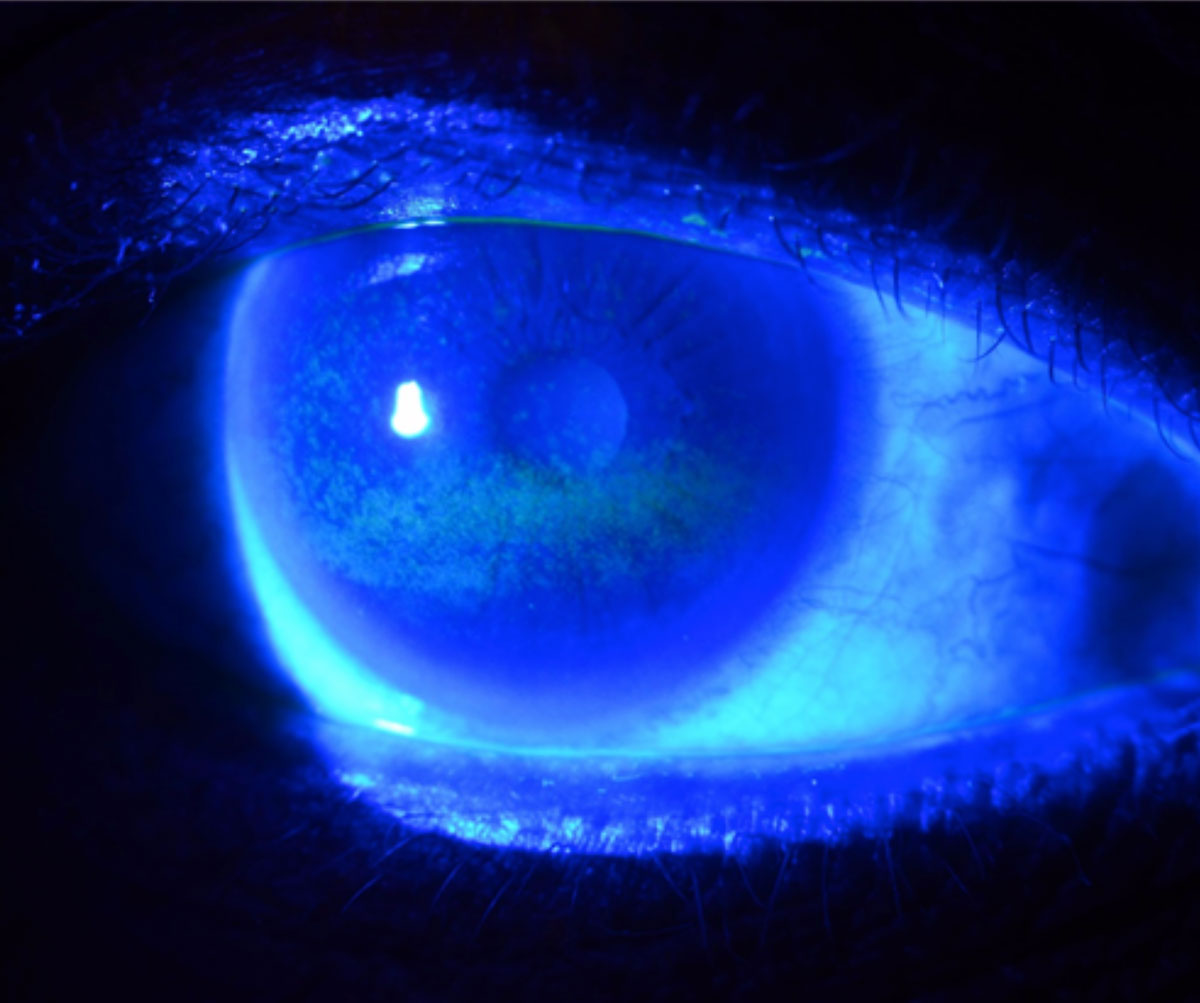 |
|
Those with dry eye have a worse sleep quality than the healthy population, with poorer subjective sleep quality, longer sleep latency and higher risk of unhealthy sleep duration such as insufficient sleep or excessive sleepiness. Photo: W.R. Buie, OD. Click image to enlarge. |
While several studies have shown that sleep disorders are associated with higher risk of hypertension, diabetes and cancer, there is conflicting data concerning possible associations of dry eye and sleep quality. In a new study, researchers from Beijing conducted a meta-analysis of the evidence across existing studies to scientific evidence for the prevention of sleep disorders and found that those with dry eye have a higher risk of unhealthy sleep duration.
A total of 21 studies with 419,218 participants were included. The results showed that the dry eye subjects had a worse sleep quality than the unaffected population, with poorer subjective sleep quality, longer sleep latency and a higher risk of unhealthy sleep duration such as insufficient sleep or excessive sleep.
Scores on a metric called the Pittsburgh Sleep Quality Index (PSQI) were significantly higher for the dry eye subjects in sleep quality, sleep latency and sleep disturbance. There was no difference between the dry eye individuals and control subjects in sleep duration, sleep efficiency, daytime dysfunction and sleep medication scores.
The authors noted there is a slight discrepancy regarding whether dry eye patients are more prone to daytime issues. “Au et al. believed that dry eye patients are more likely to have daytime sleepiness, while we found no difference between dry eye patients and the healthy population in terms of daytime dysfunction,” the researchers wrote in their paper on the work. “This is related to our different definitions of daytime behavior. Besides, Au et al.’s systematic review included control subjects with other eye diseases, while our control subjects consisted only of healthy individuals.”
The authors added that there are some contradictions in the conclusions of this study, explaining that based on the PSQI questionnaire, there is no difference in total sleep duration between dry eye patients and healthy people, but dry eye patients are more likely to have extreme sleep duration according to statistics.
Poor sleep qualities in dry eye patients may be due to light exposure and discomfort caused by incomplete eyelid closure or pain caused by inflammation, a previous study showed. Dry mouth discomfort experienced by dry eye patients is also a contributing factor, the authors noted.
Additionally, there is a bidirectional association between dry eye and sleep disorders; poor sleep or sleep deprivation may also lead to the onset or exacerbation of dry eye symptoms.
“An intervention study by Lee et al. showed that sleep deprivation induces increased tear osmolarity, shortened tear film break-up time and reduced tear secretion, thereby further triggering the onset and development of dry eye,” the authors explained. “Physiologically, sleep disorders often lead to autonomic nervous system dysfunction, affecting the parasympathetic function in the lacrimal gland and reducing tear secretion.”
Gu Y, Cao K, Li A, et al. Association between sleep quality and dry eye disease: a literature review and meta-analysis. BMC Ophthalmology. April 5, 2024. [Epub ahead of print.] |


